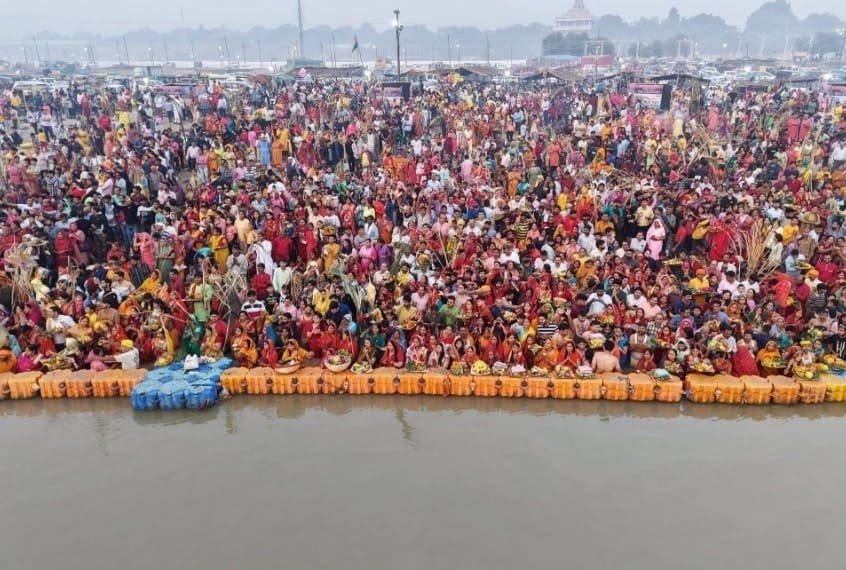
Seoul, July 31 (IANS) South Korean Rival parties showed mixed reactions on Thursday after South Korea and the United States announced a trade deal that imposes 15 per cent tariffs on South Korean goods.
Under the deal, US tariffs will be lowered to 15 per cent from the 25 per cent proposed by US President Donald Trump. Seoul has agreed to invest $350 billion in the US and purchase $100 billion of liquefied natural gas.
The ruling Democratic Party (DP) welcomed the agreement, praising it as a “valuable achievement” of South Korean President Lee Jae Myung’s pragmatic diplomacy.
“The latest agreement is expected to strengthen manufacturing cooperation and solidify the South Korea-US alliance,” DP floor leader Kim Byung-kee said after a policy meeting at the National Assembly.
“By protecting our farmers’ livelihoods and food security, it reaffirmed the president’s and the government’s strong commitment to restoring the economy and people’s livelihood.”
The deal did not include items sensitive to South Korea, such as the opening of the rice and beef markets.
Rep. Park Sang-hyuk, the DP’s chief spokesperson, also said the agreement significantly removed uncertainties looming over the South Korean economy.
“It was a tough negotiation conducted on a playing field set by the US in the first place, but our government did its best to protect national interests,” Park said.
The main opposition People Power Party (PPP), however, voiced concerns about the burden of South Korea’s commitments under the agreement, including the $350 billion investment plan, Yonhap news agency reported.
“We are now looking at $450 billion in US-bound investments and purchases, including the $100 billion energy purchases and $350 billion investment, which exceeds our foreign exchange reserves,” PPP interim leader Song Eon-seog said during a party meeting.
Song also raised concerns over the automobile industry, noting that Japan may gain a competitive advantage now that both South Korea and Japan are subject to a 15 per cent rate.
No US tariffs had been imposed on Korean cars since 2016 under a bilateral free trade agreement, while Japanese cars faced a 2.5 per cent tariff.
–IANS
int/jk/sd






